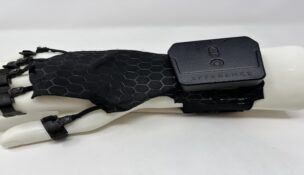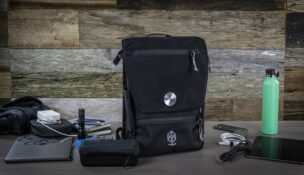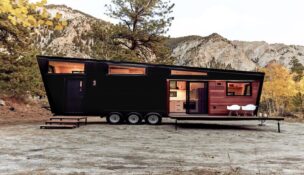Rising Rents Transform the Retail Mix in Urban Spaces
Real Estate Report: The evolving retail mix of urban hot pockets
Margaret Jackson //October 29, 2019//
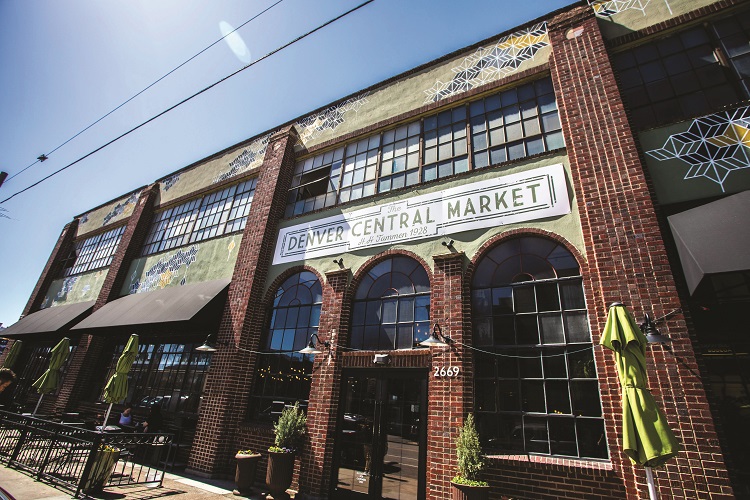

Rising Rents Transform the Retail Mix in Urban Spaces
Real Estate Report: The evolving retail mix of urban hot pockets
Margaret Jackson //October 29, 2019//
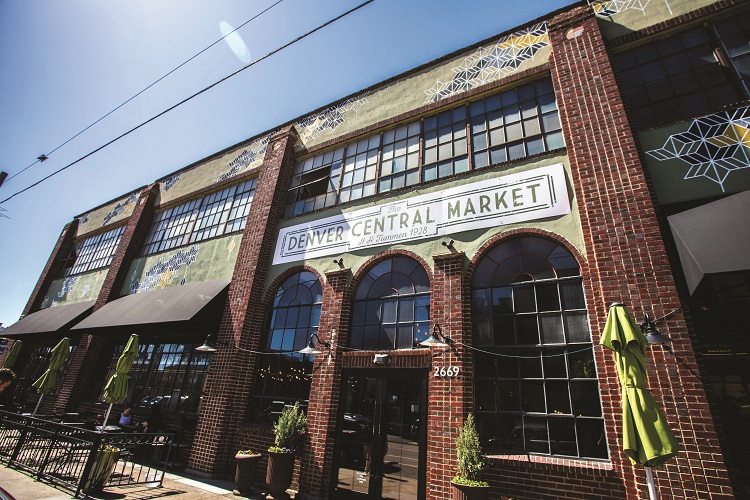
As rents for retail space along the Front Range continue to rise, pockets of the city that historically have had concentrations of locally owned shops and restaurants are giving way to national retailers that can afford to pay higher prices.
As the region’s growing population gravitates toward urban centers, national retailers are following. Burlington, Vermont-based Burton Snowboards and Ventura, California-based Patagonia are both opening shops in River North (RiNo); Warby Parker opened in Dairy Block downtown; and San Francisco-based Marine Layer is scouting locations in Cherry Creek and RiNo.
The overall vacancy rate in metro Denver was 6.3% at the end of the first quarter, according to Cushman & Wakefield’s first-quarter MarketBeat report. Average asking rents were $17.17 per square foot. But drilling down to the urban areas retailers want to be in reveals lower vacancy rates and higher rents. The Colorado Boulevard/Cherry Creek area, which has an inventory of about 1.9 million square feet, has a vacancy rate of just 3.8% and average asking lease rates of $26.17 per square foot, while downtown, with an inventory of 271,409 square feet, has zero vacancy with an average asking lease rate of $28.29 per square foot.
“You see a lot more national credit tenants coming in because they can justify paying those kinds of rents,” says Cushman & Wakefield Director Tyler Bray, noting that local shops and restaurants are more likely to go into second-generation space rather than newly built storefronts.
Retailers are paying a premium for locations in the city’s urban core that has brought an influx of people to Denver — largely millennials — who came for the 37,000 new jobs created over the last year and want to be in the city’s center. Millennials tend to spend their money on experiences such as experiential retail — think food halls, “eatertainment” concepts such as Punch Bowl Social and fitness clubs.
“They’re not getting married as young, and they don’t want a house where they have to mow the lawn and take care of it,” Bray says. “There are more important things to them. They have a lot of disposable income, and they like to spend money with their friends.”
Millennials also want an authentic experience, so Denver’s top chefs like Troy Guard are highly sought after.
“They’re being really heavily approached and recruited by developers and landlords because of their name recognition and brand,” Bray says. “Troy Guard came up with a number of different concepts, and his brand is recognized. He can compete with national tenants.”
The same holds true for local retailers such as Snarf’s Sandwiches and Wish Boutique, which has three locations and can compete with national tenants because of the quality of their goods.
“Snarf’s owner Jim Seidel is from Boulder,” says Austin Kane, vice president and regional director of Unico Properties. “He’s a local operator, but he understands how to manage the business efficiently and can pay market rates for his spaces. We’ve seen local retailers who are not able to pull that off because they have one store and one manager rather than one manager for five stores.”
Even though landlords can command higher rents, it doesn’t mean they should, Kane says. Rather, they should seek a balance of national and local.
“Landlords need to be mindful that there’s a limit for what you can charge for retail space,” Kane says. “If you insist on not leaving a single penny on the table, you’re not able to attract local retailers anymore.”
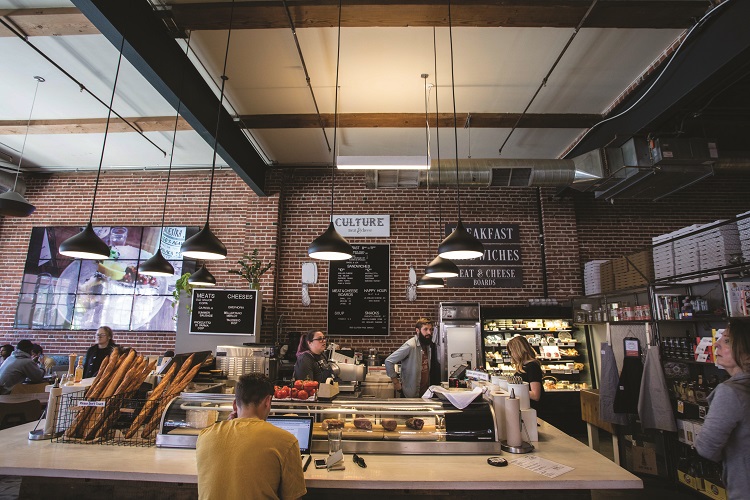
Boulder’s Balancing Act
Unico owns 14 buildings along Pearl Street in Boulder between 14th and 18th, and Kane says it’s important to maintain a mix of national and local tenants. But it’s also important for the national retailers to resonate with the Boulder culture, he says. Ted’s Montana Grill and the Cheesecake Factory both closed.
“Boulder hated those brands,” Kane says. “I think it is fair to say that some national users are willing to pay a premium for space because they want that location for brand-identity purposes. The food-and-beverage world is pretty saturated. You don’t want all restaurants, you don’t want all soft goods. We are aiming for a mix of food and beverage, soft goods and services.”
Now, Unico is putting Avanti, a food hall started in Denver, into the former Cheesecake Factory Space and a Patagonia store into the former Starr’s Clothing store, which Kane says closed because the owner wanted to retire.
“We raised the rent, but we didn’t raise it onerously, and they were just ready to hang it up,” he says. “We replaced a national with a local and replaced a local with a national. Patagonia is the kind of national brand that Boulder doesn’t repel from.”
Edens, which specializes in retail properties, entered the Denver market last year with the purchase of $50 million worth of real estate, including the Denver Central Market building. The Washington, D.C.-based company has continued adding to its Denver real estate portfolio with the acquisition of 2620, 2628 and 2649 Walnut St. and 2700 Larimer St.
Like Unico, Edens strives to maintain a balance of local and national retailers, says Tom Kiler, the company’s managing director for the western region.
“You need some names that are recognized,” he says. “That brings traffic and footsteps, and at the end of the day, footsteps mean sales. But those local favorites are important for authenticity and to keep a place unique and special. We focus on how to balance those two things.”
Edens focuses on drawing women to RiNo because up to 85% of purchasing decisions are made by women and the other 15% of those decisions are influenced by them, Kiler says. Its goal is to get women to visit the district 3.5 times a week for about 90 minutes.
“We don’t think about the transaction — we think about capturing their time,” Kiler says. “We’re not necessarily worried about selling you something. If you get people there, and they’re happy and having fun, they’re likely to spend money.”







